Introduction
College students today face increasing academic pressure, with heavy course loads, tight deadlines, and the expectation to master complex material quickly. These growing demands often make traditional study habits—like rereading notes or pulling all-nighters—ineffective and unsustainable over time.
Many students find that conventional approaches don't yield the results they need, leading to frustration and burnout. Research shows that passive learning strategies, such as highlighting or rote memorization, do not promote long-term retention or deep understanding.
To succeed in today’s rigorous academic environment, students need to adopt innovative, research-backed study hacks for college students. These techniques are grounded in cognitive science and proven to enhance learning efficiency and academic performance.
Academic institutions have conducted numerous studies on effective learning strategies. For example, the University of California, San Diego, highlights the benefits of spaced repetition and active recall in improving memory retention. Similarly, a study from Kent State University found that practice testing significantly outperforms other methods in boosting student outcomes.
Understanding and applying these findings can help students replace outdated methods with smarter, evidence-based strategies that align better with how the brain learns.
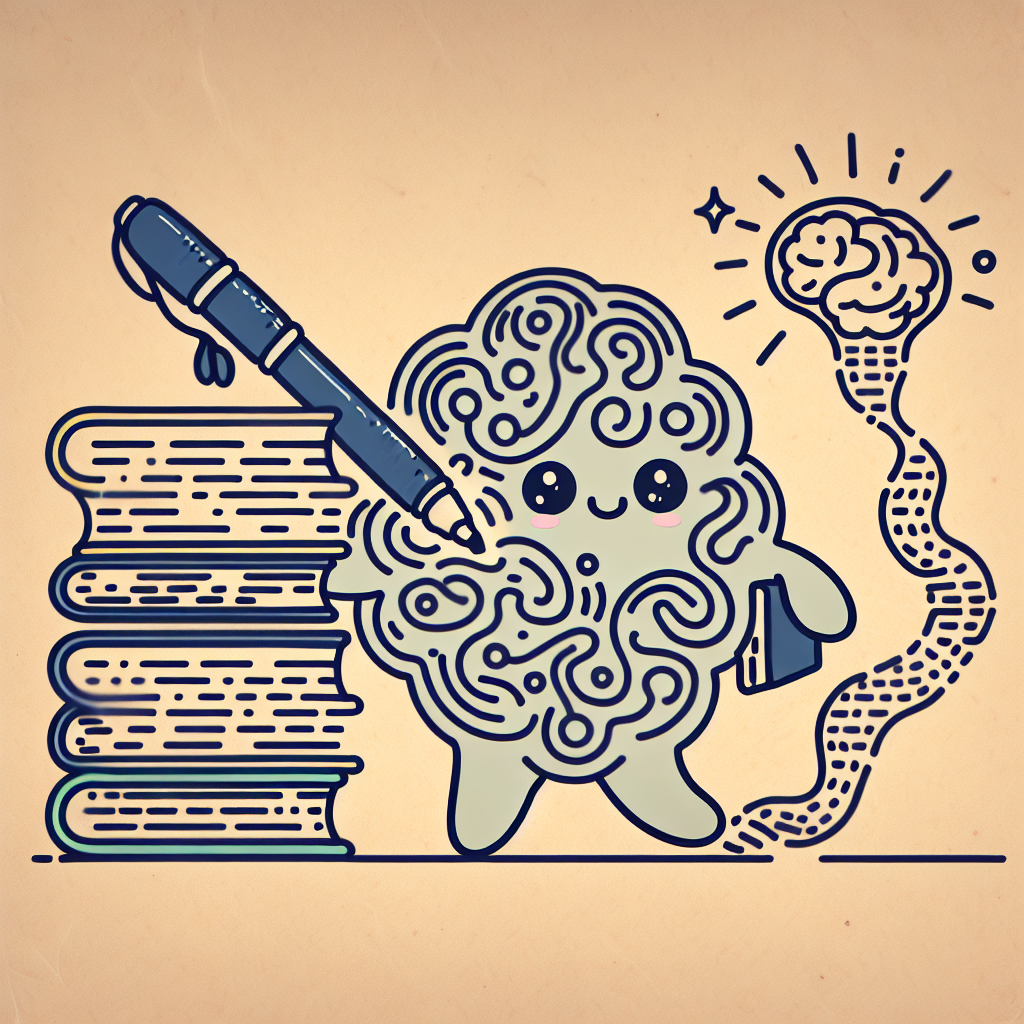
🧠 Understanding How We Learn
The Science Behind Studying
Effective study hacks for college students are grounded in how the brain processes and stores information. Memory formation and retention involve encoding, storage, and retrieval. Students retain more when they actively engage with content rather than passively reading or highlighting.
Cognitive load theory explains that the brain has a limited capacity for processing new information. Overloading it can reduce learning efficiency. Breaking study sessions into smaller chunks and focusing on one topic at a time can help manage this load.
Retrieval practice—actively recalling information rather than reviewing notes—has been shown to significantly improve retention. Techniques like self-quizzing or teaching material to someone else are examples of effective retrieval methods.
Learning Styles and Personalization
Not every study method works for every student. Understanding individual learning preferences can help tailor study hacks for college students. Visual learners benefit from diagrams, charts, and color-coded notes. Auditory learners may retain more through listening to lectures or discussing material aloud. Kinesthetic learners often need hands-on activities or movement-based study techniques.
By aligning study strategies with personal learning styles, students can improve both comprehension and retention. For example, a visual learner might create mind maps, while an auditory learner might record lectures and replay them during review.
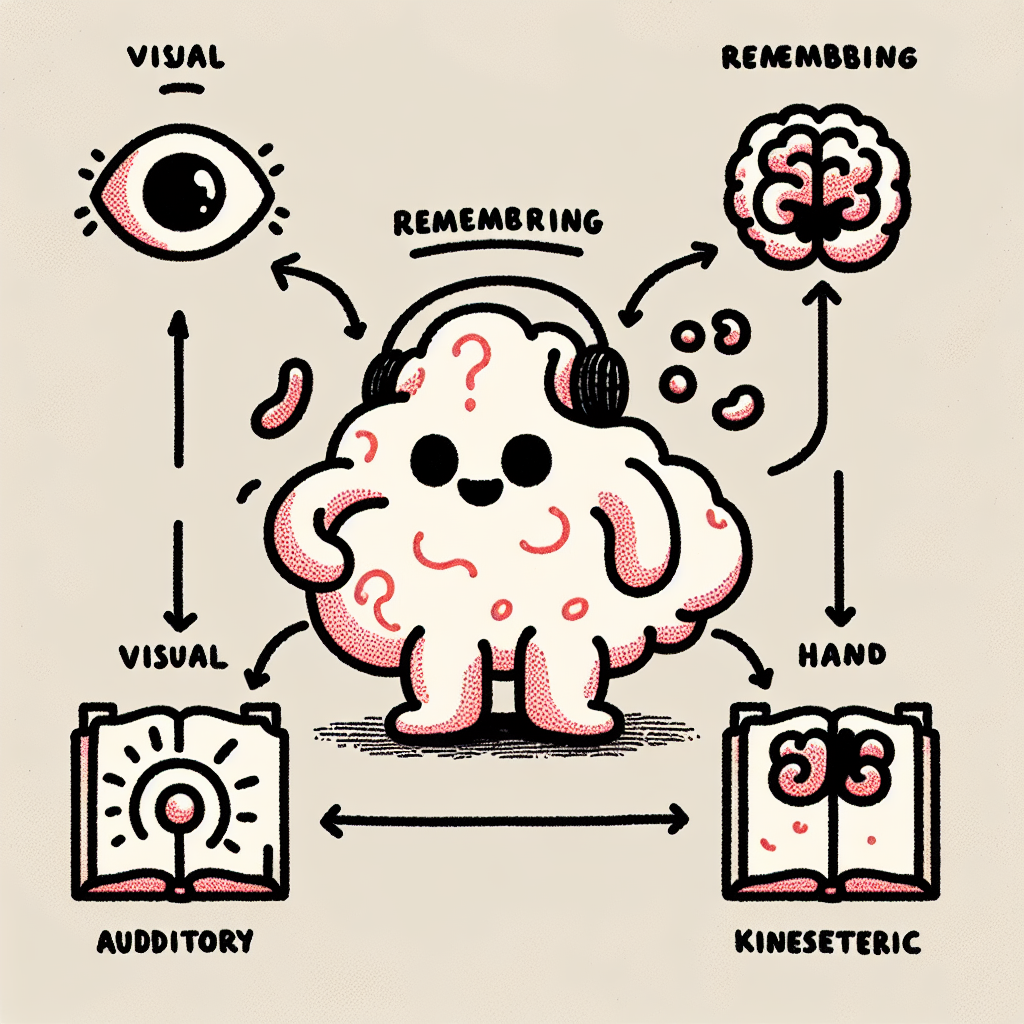
Foundational Study Strategies That Work
Spaced Repetition
Spaced repetition is a proven method for enhancing long-term retention by reviewing material at increasing intervals over time. This technique counters the forgetting curve and helps embed information in long-term memory. According to Purdue Global, spaced-out studying is more effective than cramming for 90% of students.
To implement spaced repetition, students can use tools like Anki or Quizlet. These apps use algorithms to schedule reviews just before you are likely to forget the material, maximizing retention with minimal effort.
Active Recall
Active recall involves actively retrieving information from memory rather than passively reviewing it. Techniques include using flashcards, self-quizzing, and summarizing content without looking at notes. Research from the City University of New York shows that active recall significantly boosts memory retention, making it one of the most effective study hacks for college students.
Teaching Others
Teaching others is an effective way to reinforce your own understanding. The Feynman Technique, which involves explaining a concept in simple terms, is particularly helpful. Peer teaching sessions or study groups encourage students to articulate and clarify their knowledge, deepening comprehension and identifying gaps in understanding. This method is a powerful addition to foundational study hacks for college students.
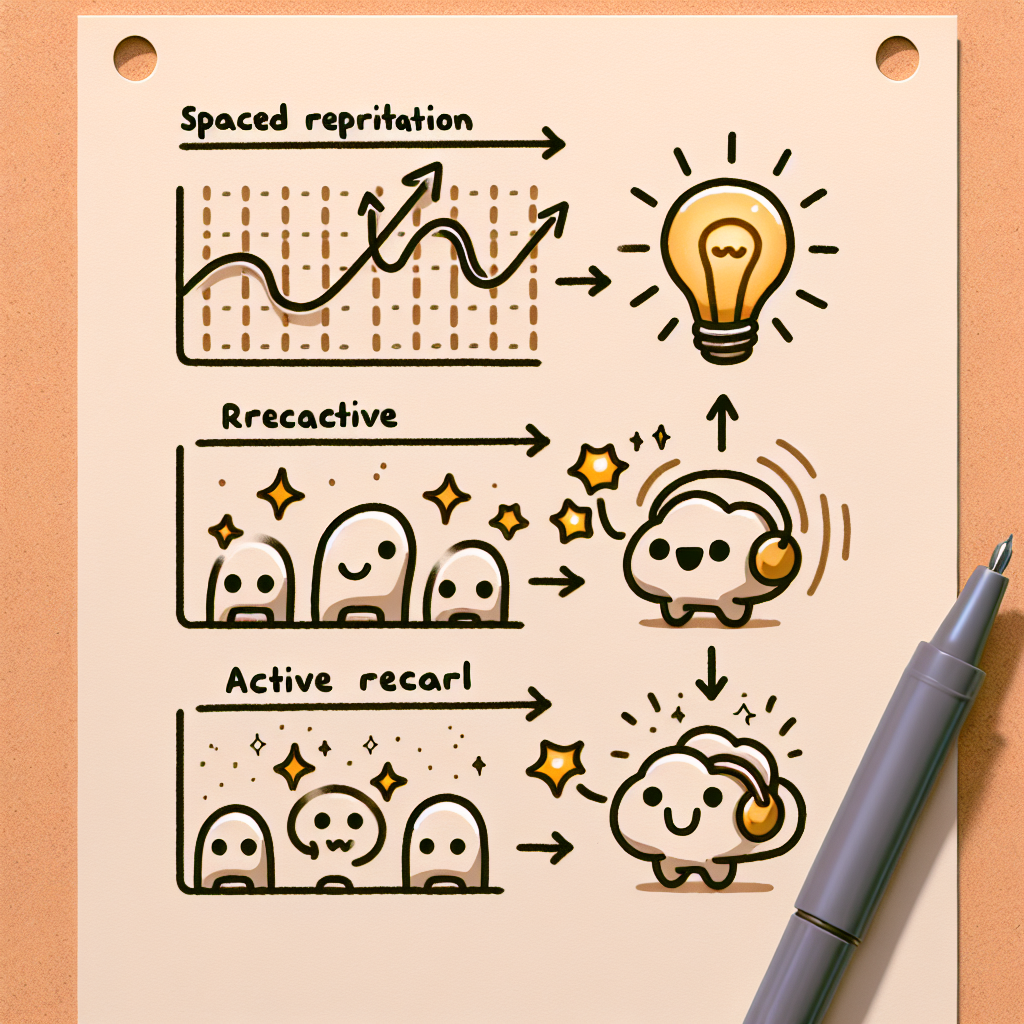
🎯 Focus & Time Management Hacks
To-Do Lists and Prioritization
One of the most effective study hacks for college students is mastering to-do lists and task prioritization. The Eisenhower Matrix is a helpful framework that categorizes tasks into four quadrants based on urgency and importance, helping students focus on what truly matters. Pairing this with the Pomodoro Technique—working in 25-minute focused intervals followed by short breaks—can significantly improve concentration and output.
According to Florida National University, tackling high-priority tasks first enhances productivity and reduces stress. This reinforces the value of structured task management in a busy academic schedule.
Short Bursts of Deep Focus
Implementing short, focused study sessions is another powerful study hack for college students. Research shows that studying in 25- to 50-minute intervals helps maintain concentration while minimizing mental fatigue. These bursts of deep focus allow students to absorb information more effectively and avoid burnout over longer periods of studying.
Productivity & Focus Apps
Using digital tools can further support time management and focus. Apps like Forest encourage sustained attention by rewarding users for staying off their phones. Notion provides customizable templates for task tracking and project planning. Toggl helps monitor how time is spent, and Cold Turkey blocks distracting websites to maintain focus. These apps can be instrumental study hacks for college students aiming to reduce distractions and stay on track with their goals.
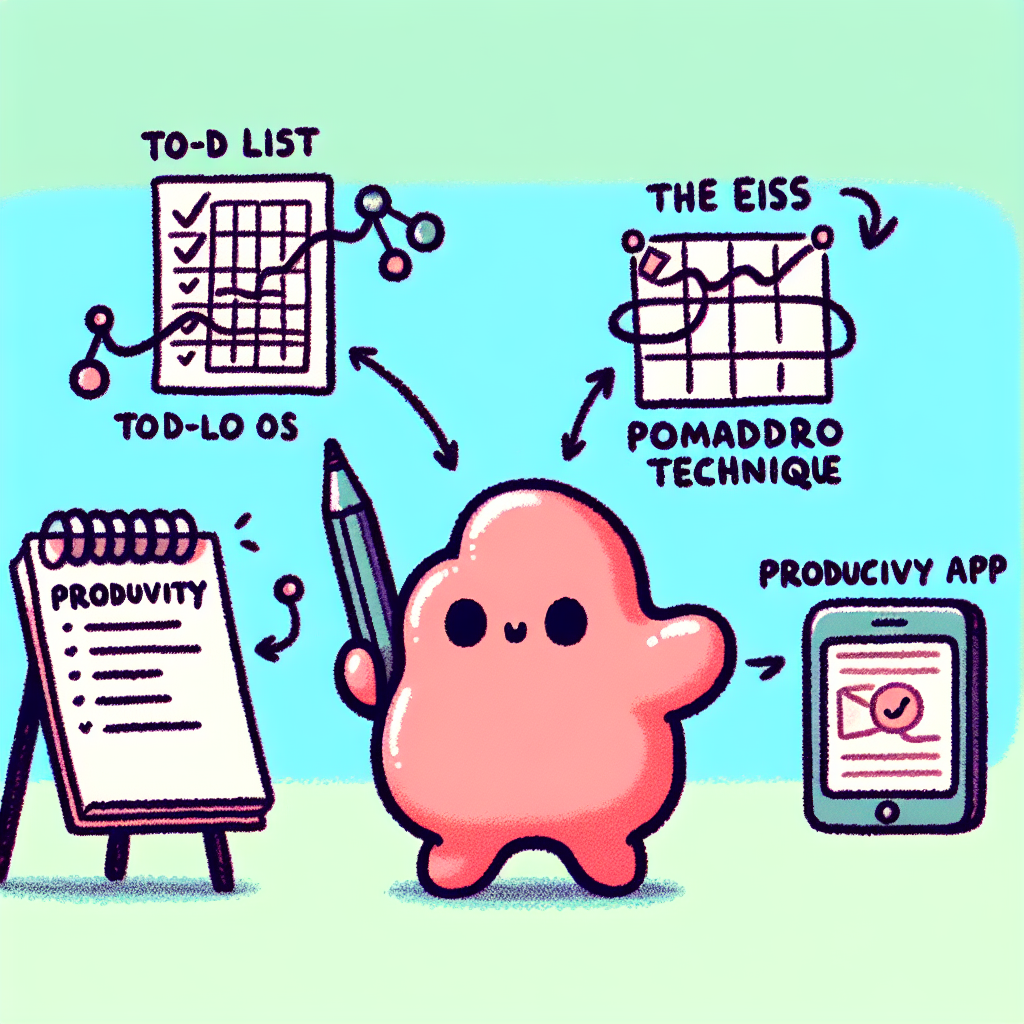
Unconventional but Effective Study Hacks
Exploring creative approaches can lead to surprising gains in academic performance. These unconventional but effective study hacks for college students offer alternative methods to enhance learning and retention.
Multisensory Learning Techniques
Incorporating multiple senses into study routines can improve memory recall. One approach is using specific scents—like peppermint or lavender—while studying, then reintroducing the same scent during exams to trigger memory associations. Another technique involves writing notes with colored pens. The use of color can help visually encode information, making it easier to retrieve later.
Environmental Optimization
Changing study locations can strengthen memory by associating content with different physical contexts. Whether it's a library, coffee shop, or a quiet park bench, rotating environments can reinforce learning. Additionally, creating a distraction-free and ergonomic study zone at home—complete with good lighting and a comfortable chair—can support sustained focus and reduce fatigue.
Engaging the Body
Light physical activity, such as a brisk walk or stretching before studying, can increase alertness and cognitive function. Another effective yet overlooked technique is doodling. According to Mount Wachusett Community College, doodling during lectures improves memory retention by 30%, likely because it keeps the brain engaged without causing distraction.
Pre-Sleep Studying
Reviewing material shortly before falling asleep can aid in memory consolidation. During sleep, the brain processes and stores newly acquired information, making pre-sleep studying a strategic time for reinforcing key concepts.
Mood and Motivation Boosters
Using reward-based systems can help maintain motivation. Breaking large tasks into milestones and treating oneself upon completion—such as a snack or short break—can make study sessions more manageable. Additionally, listening to instrumental music, particularly classical or ambient genres, can improve concentration by reducing background noise without distracting lyrics.
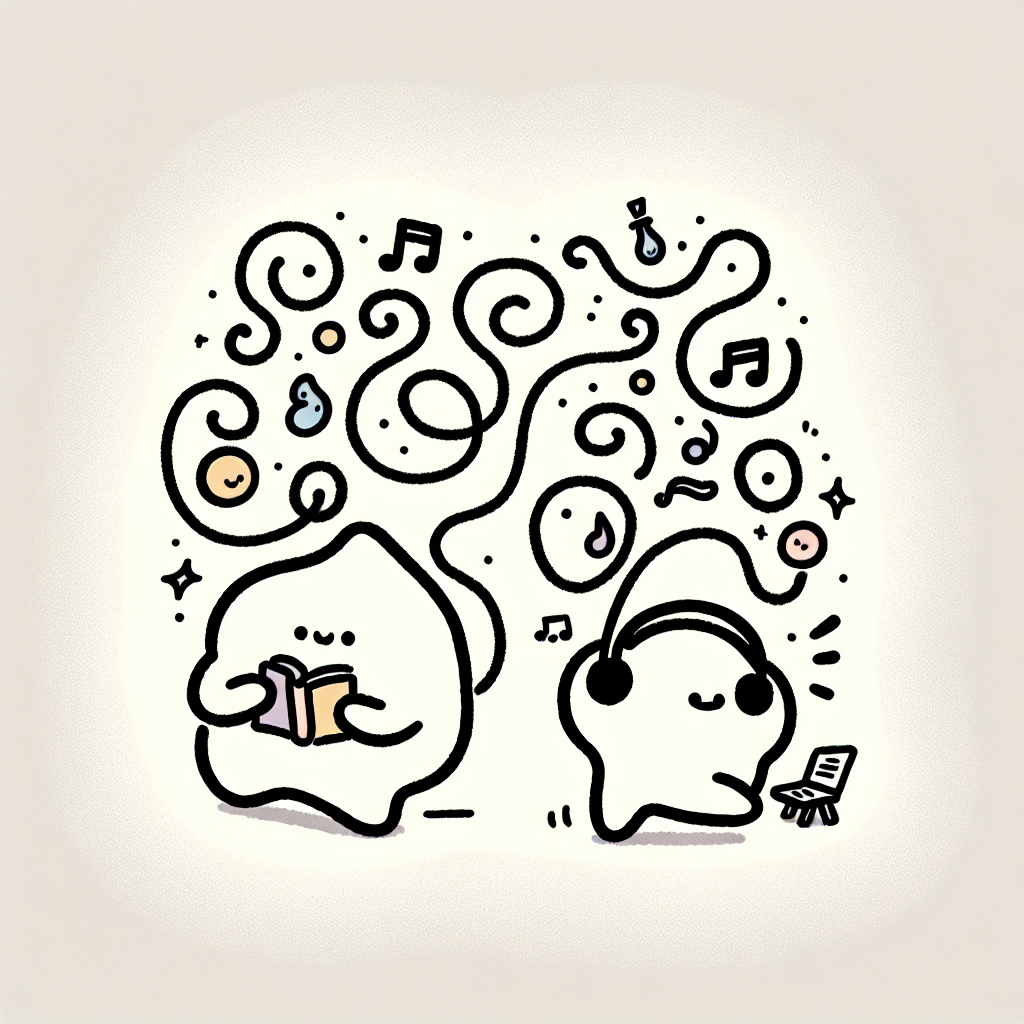
🧑🤝🧑 Social and Collaborative Learning Hacks
Study Groups and Peer Accountability
One of the most effective study hacks for college students is joining a study group or forming one with classmates. Discussion-based learning helps reinforce material by encouraging students to explain concepts to one another, ask questions, and think critically. This type of active engagement improves comprehension and retention.
According to Northampton Community College, study groups increase motivation and offer active learning opportunities. Being accountable to peers also helps students stay on track with coursework and deadlines, making it easier to manage time and avoid procrastination.
Online Communities and Forums
In addition to in-person collaboration, online communities offer flexible and accessible ways to connect with peers. Platforms like Reddit, Discord, and Slack host dedicated study groups where college students can share resources, ask questions, and get feedback in real time. These virtual spaces provide additional support and are especially helpful for students in remote or asynchronous learning environments. Using online communities is a modern study hack for college students who want to expand their learning network beyond the classroom.

Leveraging Technology for Academic Success
Recording and Replaying Lectures
One of the most effective study hacks for college students is using technology to record and replay lectures. Recording lectures allows students to revisit complex topics at their own pace, ensuring better comprehension. To get the most out of this method, it’s important to:
- Use a reliable recording device or app, such as Otter.ai or Voice Memos.
- Sit close to the instructor to ensure clear audio.
- Label recordings with the date and topic for easy reference.
- Listen to recordings shortly after class to reinforce learning.
- Take brief notes while re-listening to highlight key points.
Replaying lectures in segments can also prevent cognitive overload and makes it easier to focus on one concept at a time.
Digital Note-Taking and Organization
Digital note-taking tools like Evernote, Microsoft OneNote, and Notion are powerful resources for organizing class materials. These platforms allow students to create searchable, structured notes that can be accessed across devices.
To optimize notes for active recall:
- Use headings, bullet points, and color coding to highlight major concepts.
- Incorporate questions and prompts in your notes to quiz yourself later.
- Link related notes together to reinforce connections between topics.
- Regularly review and update notes to keep information fresh.
By integrating these digital tools into daily routines, students can streamline their study process and boost long-term retention—making technology a key asset in their toolkit of study hacks for college students.
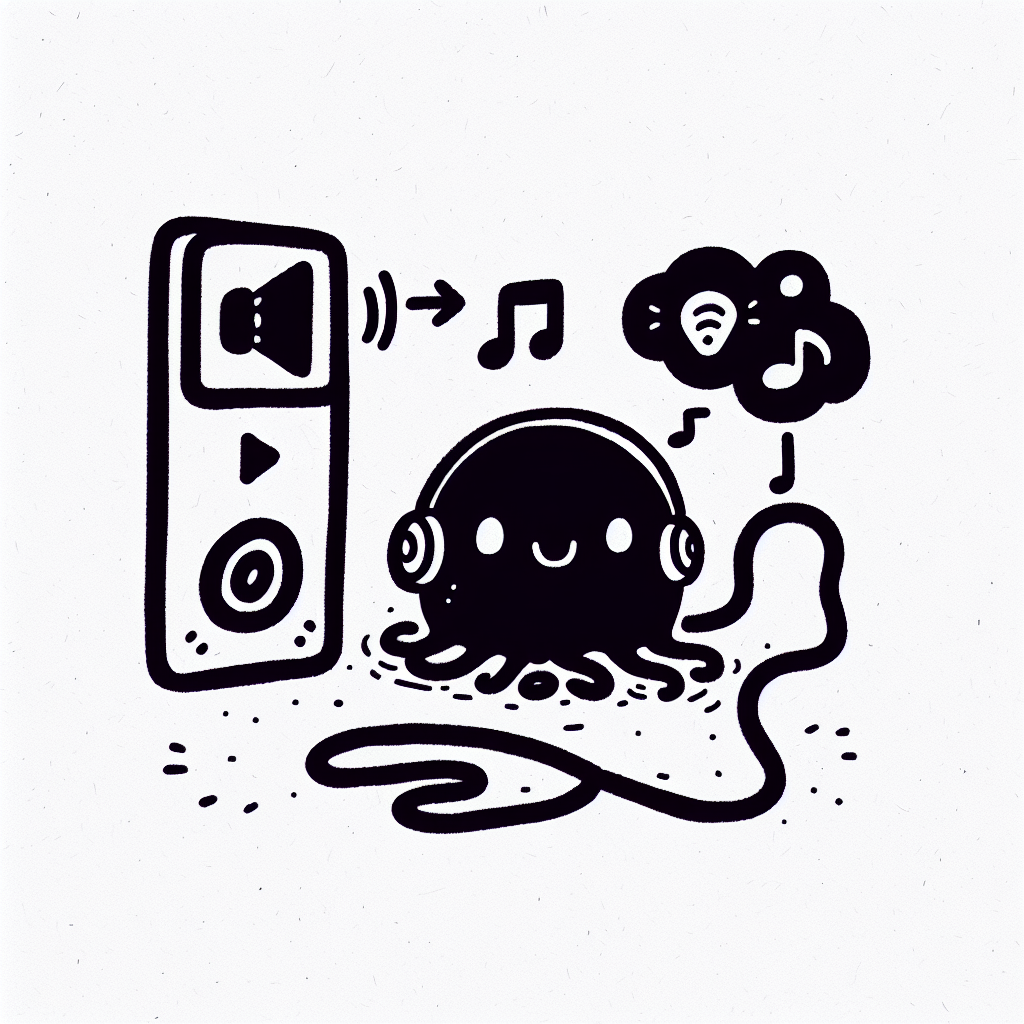
💡 Bonus Tips for Optimal Academic Performance
Sleep, Nutrition, and Hydration
Even the best study hacks for college students can fall short without a strong foundation in basic health habits. Quality sleep, balanced nutrition, and proper hydration each play a critical role in enhancing cognitive performance. Studies show that sleep deprivation impairs memory, focus, and decision-making—skills necessary for academic success. Aim for 7–9 hours of sleep per night to allow the brain to consolidate learning and recharge.
Good nutrition fuels the brain. Regular meals that include complex carbohydrates, healthy fats, and lean proteins support sustained concentration and mental clarity. Hydration is equally important; even mild dehydration can reduce alertness and short-term memory. Keeping a water bottle on hand during study sessions is a simple yet effective strategy.
Stress Management Techniques
High stress levels can undermine even the most effective study hacks for college students. Incorporating stress management techniques like mindfulness, meditation, and breathing exercises can improve focus and emotional regulation. Practicing mindfulness for just 10 minutes a day has been shown to reduce anxiety and enhance attention span. Deep breathing exercises can also help calm the nervous system before exams or presentations, making it easier to think clearly under pressure.
Goal Setting & Progress Tracking
Setting SMART goals—Specific, Measurable, Achievable, Relevant, and Time-bound—is a practical way to stay organized and motivated. For example, instead of saying “study more,” a SMART goal would be “review biology notes for 30 minutes every evening this week.” Using habit trackers or digital planners can help students monitor progress and maintain consistency. Tracking small wins builds momentum and makes larger academic goals feel more attainable.
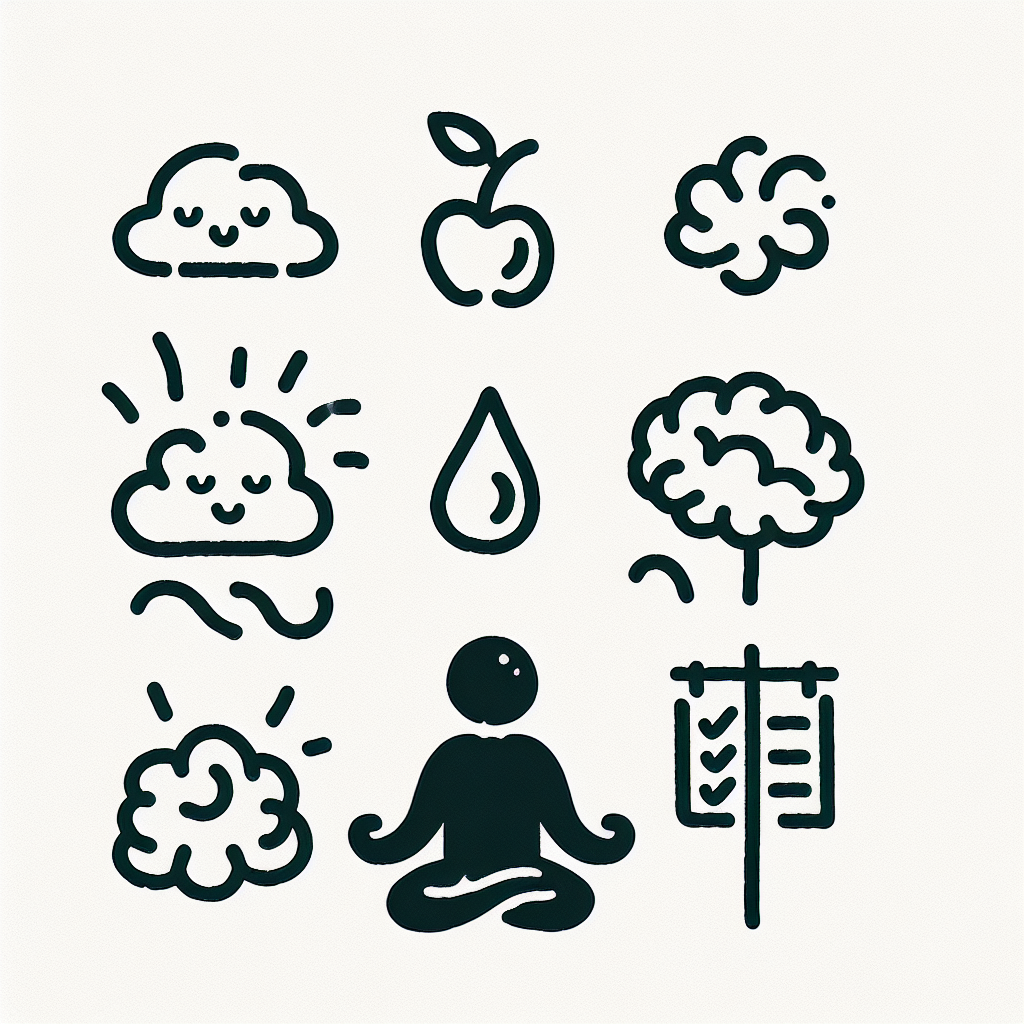
Conclusion
Mastering effective study habits can make a significant difference in academic performance. Among the most impactful and research-backed study hacks for college students are spaced repetition, active recall, the Pomodoro Technique, and teaching content to others. These strategies are supported by cognitive science and have been shown to improve retention and understanding.
However, not every method works the same for everyone. It's important for students to experiment with different techniques and adapt them to fit their personal learning styles and schedules. Whether it’s finding the right environment, timing, or method, customization is key.
Ultimately, the goal is to study smarter, not harder. Leveraging efficient study hacks for college students can reduce stress, improve time management, and lead to better academic outcomes.
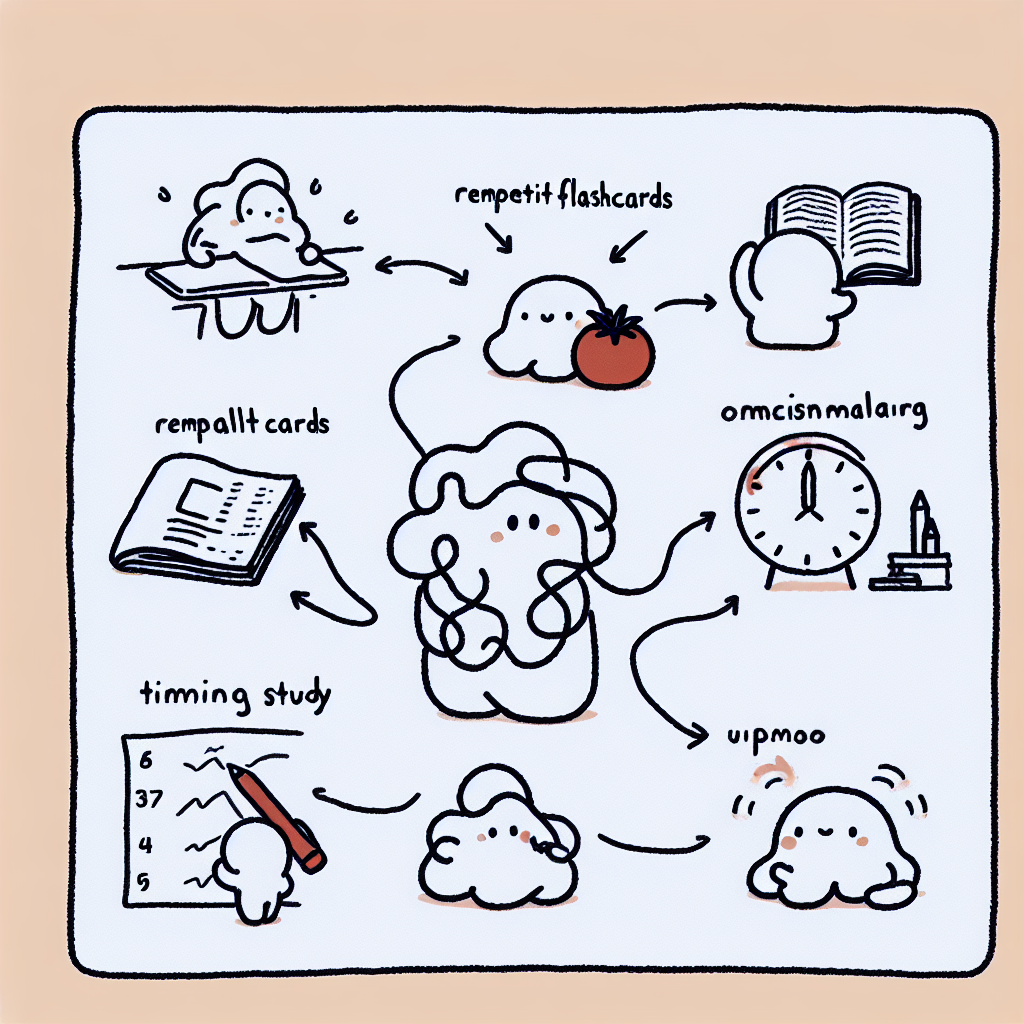
References
- Purdue Global – 12 Study Hacks for College Students: Offers a visual guide to effective study hacks for college students, including memory techniques and organization strategies.
- Mount Wachusett Community College – Study Hacks for College Students: Shares practical tips on how to make the most of study sessions and improve academic performance.
- Florida National University – Time Management Hacks for Students: Highlights time management as a core component of successful study hacks for college students.
- Northampton Community College – Top 8 Study Tips for College Students: Provides a concise list of proven techniques to help college students study more effectively.
- City University of New York – Smart Study Tips: Focuses on science-backed study hacks for college students, including the benefits of spacing out study sessions and active recall.







.png)






